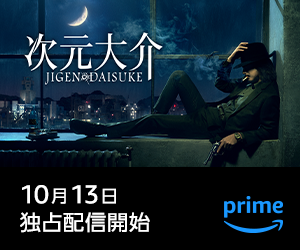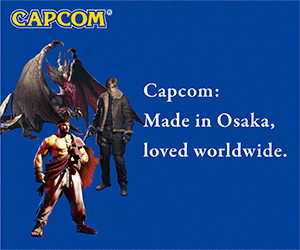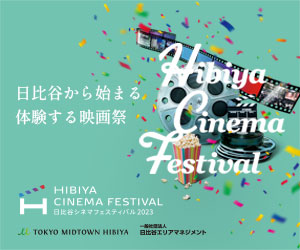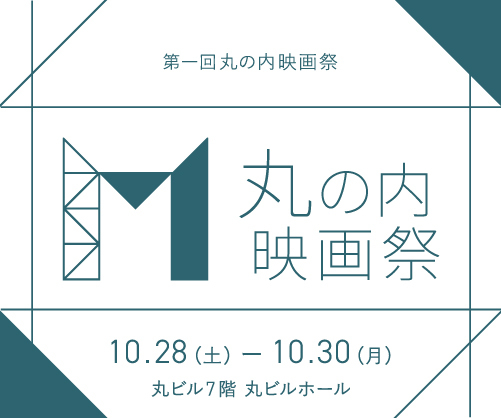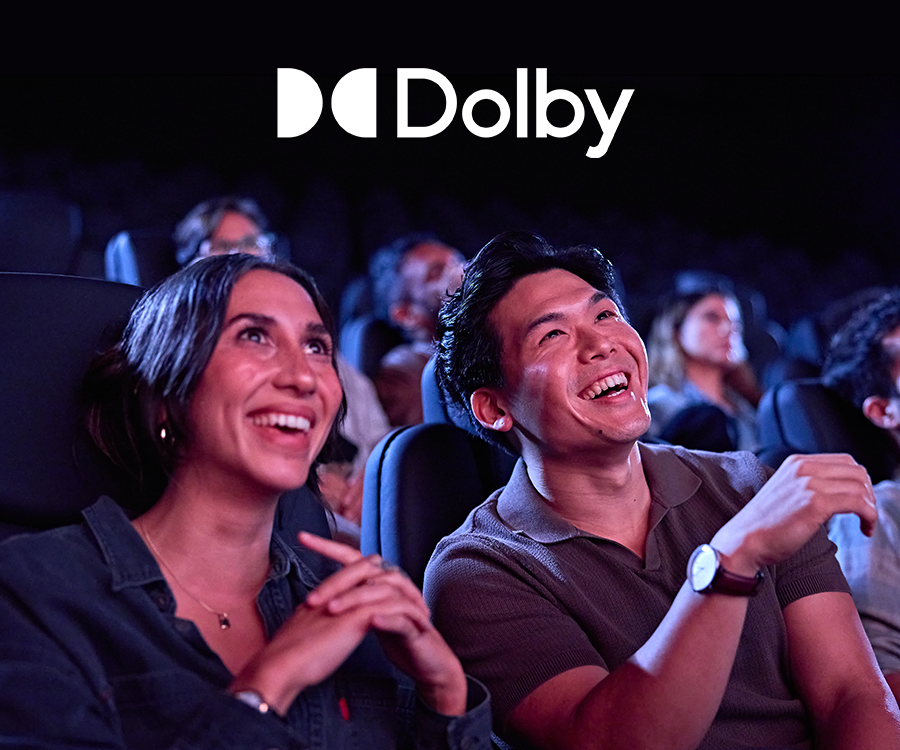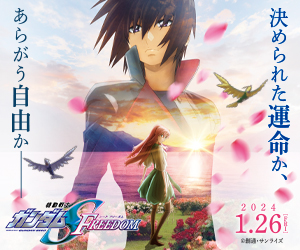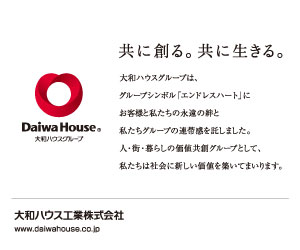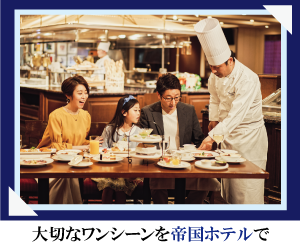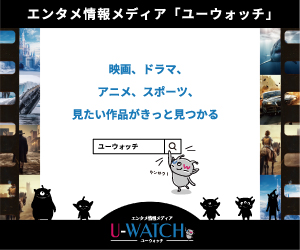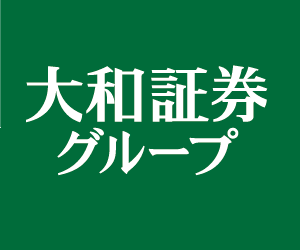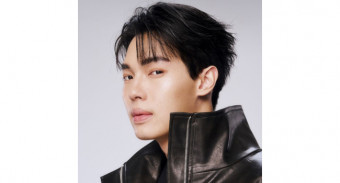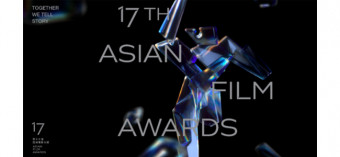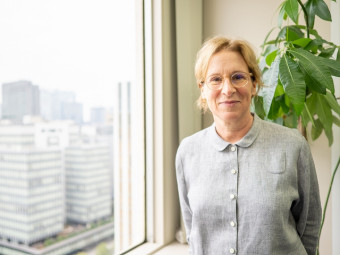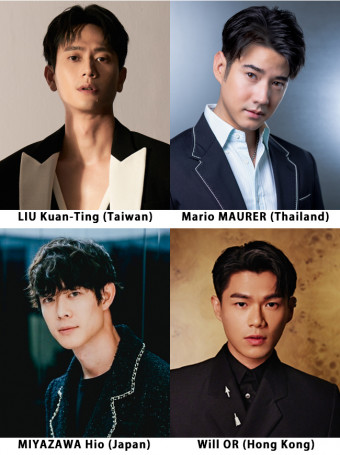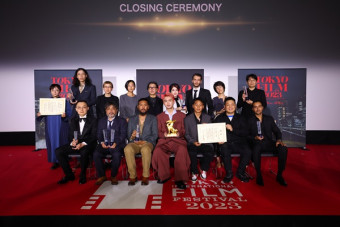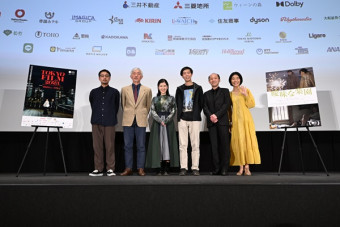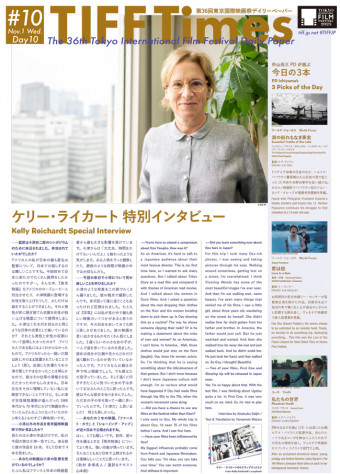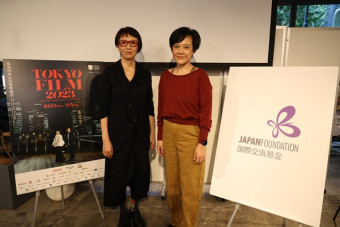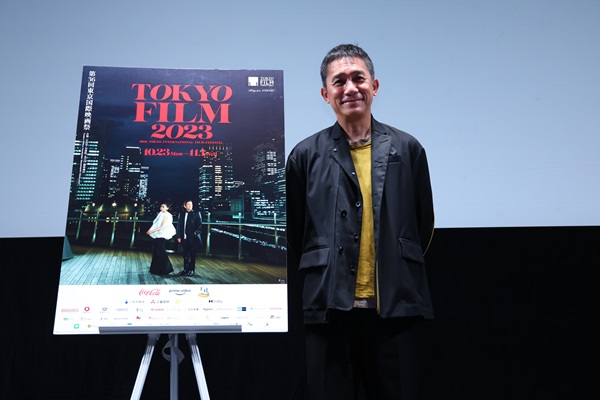
Hong Kong superstar Tony Leung chose 2046 as the representative film of his career when he was invited to the 36th Tokyo International Film Festival to give a masterclass. Leung is one of the world’s most celebrated film actors, mainly due to his ability to adapt to a variety of genres with total ease. However, Wong Kar-Wai’s 2046 is basically an art film as well as a sequel to his earlier In the Mood for Love, a movie that often pops up on lists of the greatest movies ever made. Consequently, it tends to be overlooked.
But as Leung said during his totally packed talk with TIFF Programming Director Ichiyama Shozo on October 26, following a screening of 2046, “It’s really a special film for me. It’s the same character I played in In the Mood for Love, but the director wanted me to demonstrate a different acting style, because the character himself was living a different lifestyle than he lived in the first movie.” As a means of explaining how he personally approached the role of Chow, the somewhat decadent Hong Kong journalist who, in the late 60s, has several romantic affairs to assuage the pain he feels after the affair with the “true love of his life” depicted in In the Mood for Love ends, Leung said that he insisted on sporting a dashing mustache for the sequel.
“The director said ‘no,’ but I insisted that it was needed to create a different character.” In the end, Leung won out (though, in a crucial scene, Chow shaves off half the mustache after losing a bet). After the movie premiered at Cannes, Wong came up to Leung at a party and said, “Actually, it was better that you had the mustache.”
Such a victory was probably bittersweet for Leung, who, over the course of the TIFF discussion, described a career steeped in a certain level of self-doubt. Ichiyama recalled watching Leung for the first time in the late ’80s and immediately recognizing a “great actor.” But since Leung was working in Hong Kong action moves, he found it interesting that the Taiwanese master, Hou Hsiao-Hsien, would cast him as the lead in his film about the White Terror years in Taiwan, A City of Sadness (1989).
“I accepted his offer eagerly,” recalled Leung. “But I wasn’t really familiar with Taiwanese history, being from Hong Kong. I had to do a lot of studying, and read a lot of books. Hou created a character for me who didn’t speak Taiwanese, so I had to figure out how such a character spoke and acted. I isolated myself in a hotel room and just tried to imagine how such a person lived.”
This was, by his own admission, Leung’s first ever “art movie,” and while he was familiar with European arthouse films, he couldn’t imagine how such productions played out on set. Through Hou’s tutelage, he said, became more interested in literature and art. More significantly, he saw how Hou used amateur actors to fortify the reality of the story. “It shook me up, because they turned out to be great actors, and it made me wonder about my own approach. How could I be more naturalistic on screen? That film had a huge impact on my career.”
This change in creative attitude is apparent in 2046, though it’s helped enormously by Wong’s incredibly evocative dialogue. Leung imbues Chow with a relaxed naturalism that conveys the dialogue, much of which is presented in romantic situations, as coming directly from a writerly mind. Chow is certainly one of the most indelible characters in the annals of film, mostly because he is both unique and universally understandable.
Leung’s relationship with the director has been deep over the years. “When I first met him, I was stuck as an actor,” he recalled. “In Days of Being Wild I worked with Maggie Cheung [who later played his romantic foil in In the Mood for Love] and the director knew what was wrong with my acting. I had to do many takes, whereas the other actors only needed one or two. He told me to throw away my technique, it’s not necessary. At night we’d go out to eat or I would talk to him in his office, and he told me to listen to different types of music and read lots of books. He introduced me to so much culture, and as a result I became engaged with the world.”
Leung has been working with Wong for more than 20 years, a period he characterizes as “my second training as an actor.” Whereas Hou taught him how to be more naturalistic, Wong gave him the opportunity to practice that naturalism.
Ichiyama wondered if it was difficult for Leung to return to his real life after being absorbed in a role. “In the beginning of my career, it was difficult to come out of character,” said the actor. “But I eventually learned how to do it.” The tricky part is reverting to the character later, especially when working with Wong, who often takes two or three years to complete a project. “Yes, I have to warm up to get back into character,” he laughed.
At this point, there’s little that Leung has to prove, as he’s appeared not only in many Hong Kong, Chinese films and even Hollywood productions. Next year, he revealed, he will act in a European production being shot in Germany, something he’s been preparing to do for eight months. Naturally, Ichiyama asked if he had any plans to do a Japanese film. “There should be an opportunity,” said the affable star, diplomatically. “I’m happy to work in all sorts of markets.”
World Focus ASIAN CINERAMA – HONG KONG FOCUS
Tony Leung Masterclass / 2046
Guest : Tony Leung (Actor)












